Since the pandemic first began spreading in early 2020, it has changed life for everyone — but especially children in orphanage care. Here’s what life looks like now for children in orphanages around the world.
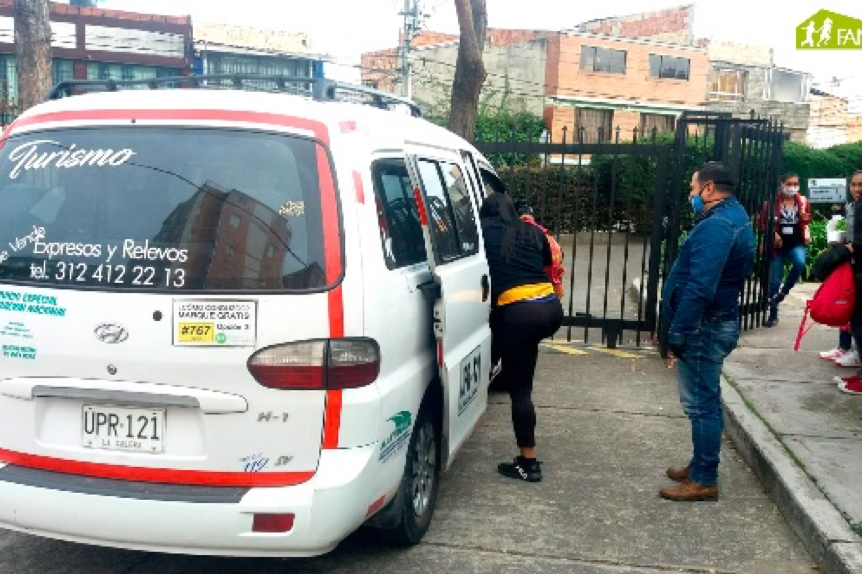
A private shuttle transports orphanage staff in Colombia. 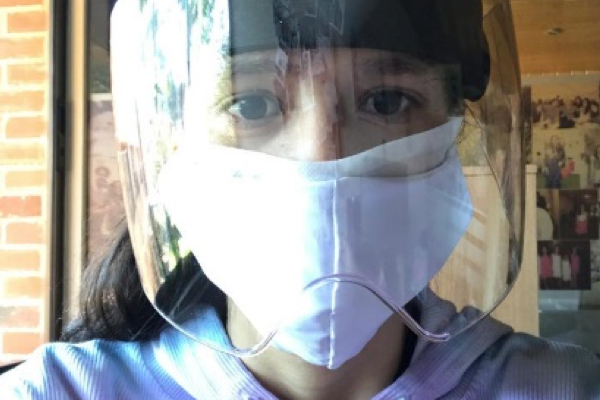
Caregivers wear a mask and face shield to protect the children. 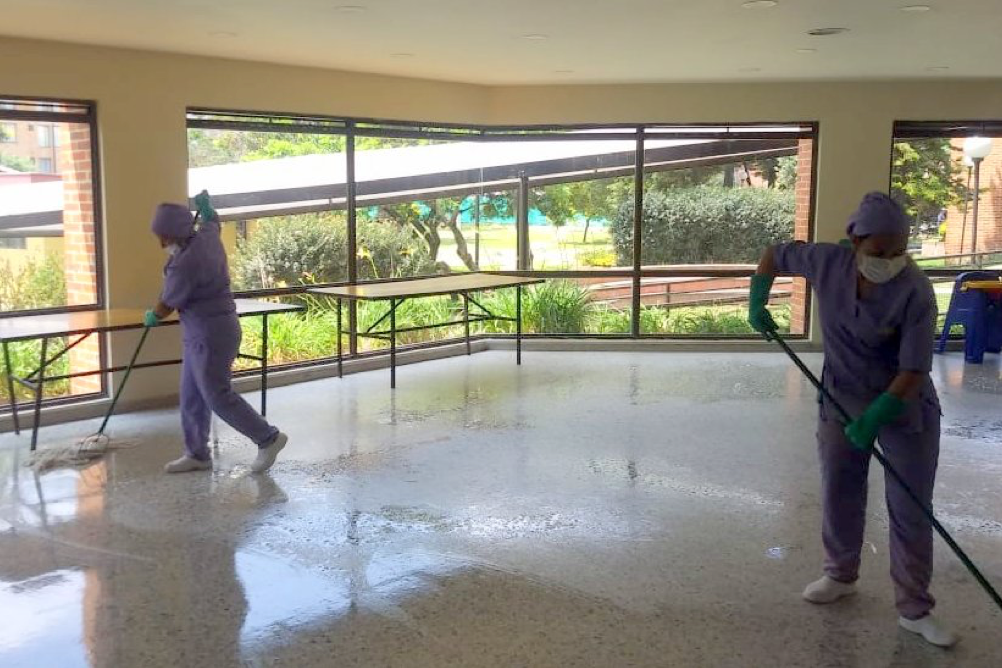
Twice during the day, a facility in Colombia has two extra deep-cleans, where they disinfect the floors, walls, ceilings and any items that children are in contact with. Every two hours throughout the day, an alarm sounds to remind all staff and children to wash their hands. 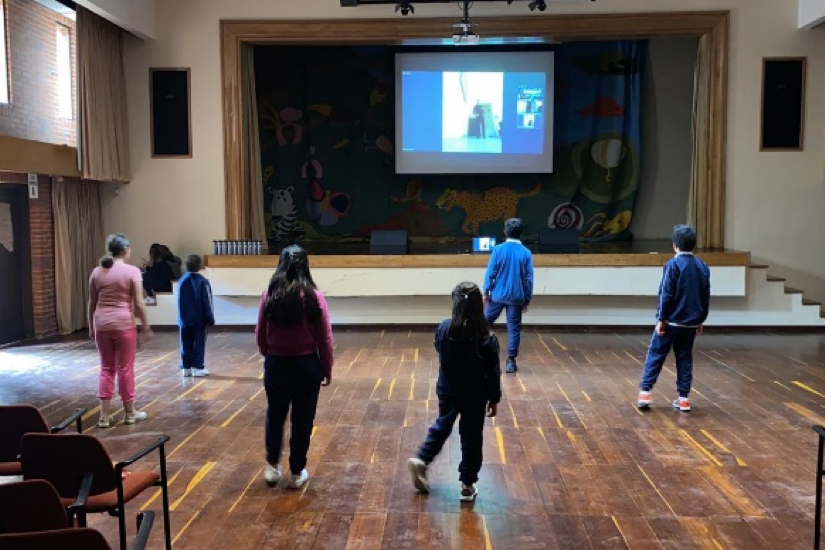
Children do group exercise together to relieve stress. 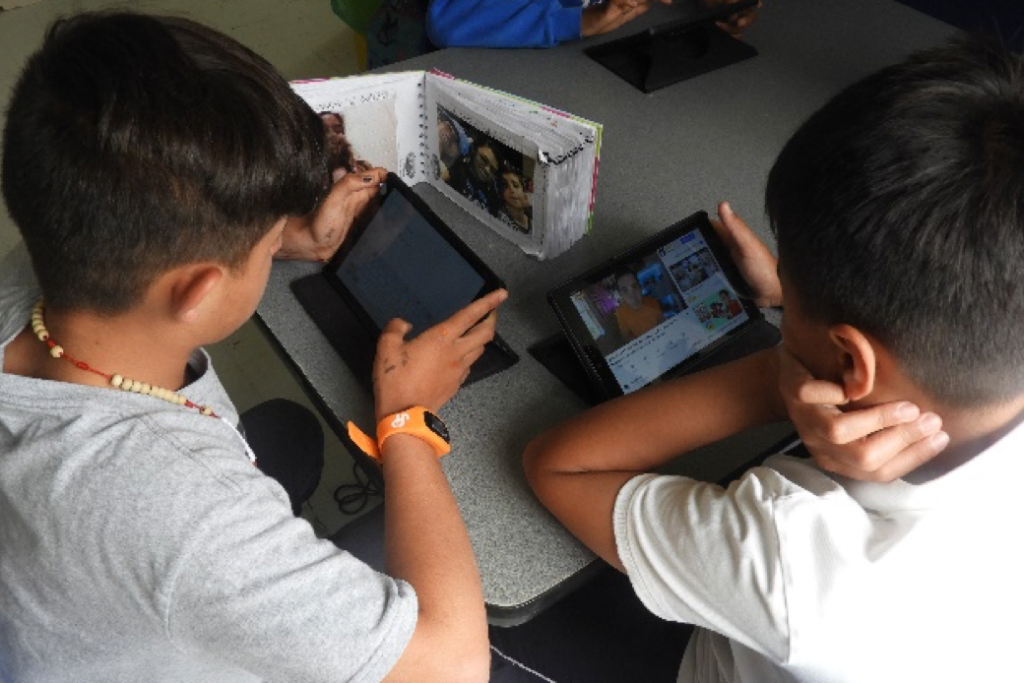
Because COVID-19 has delayed the adoption process for so many, orphanage psychologists are finding new ways for children and their parents to connect and feel closer from afar, like sending videos back and forth. 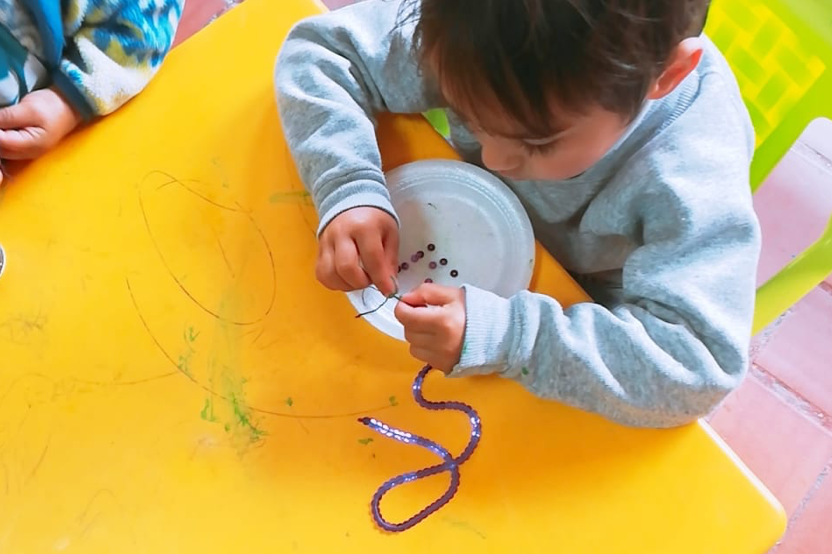
“On the weekends,” says our partner organization in Colombia, “all the kids from 2 years and older have fun activities to improve their anxiety levels — like sports, bicycle, dancing and relaxing actions like yoga or watching movies.” 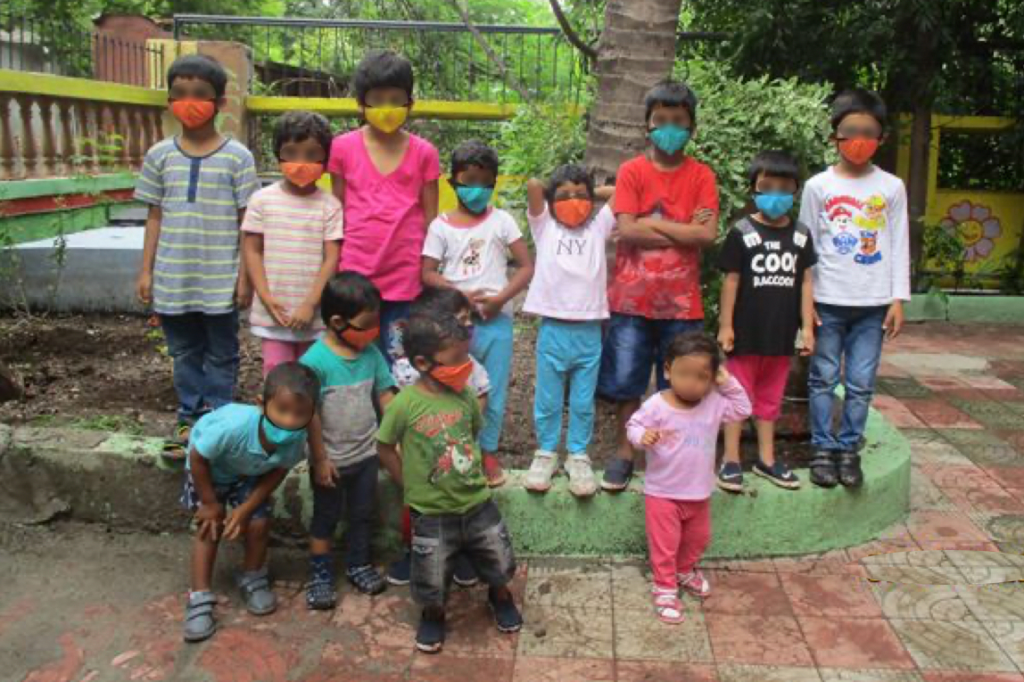
Just before the pandemic reached India, orphanages saw an influx of children coming into care. Their faces are blurred for privacy. 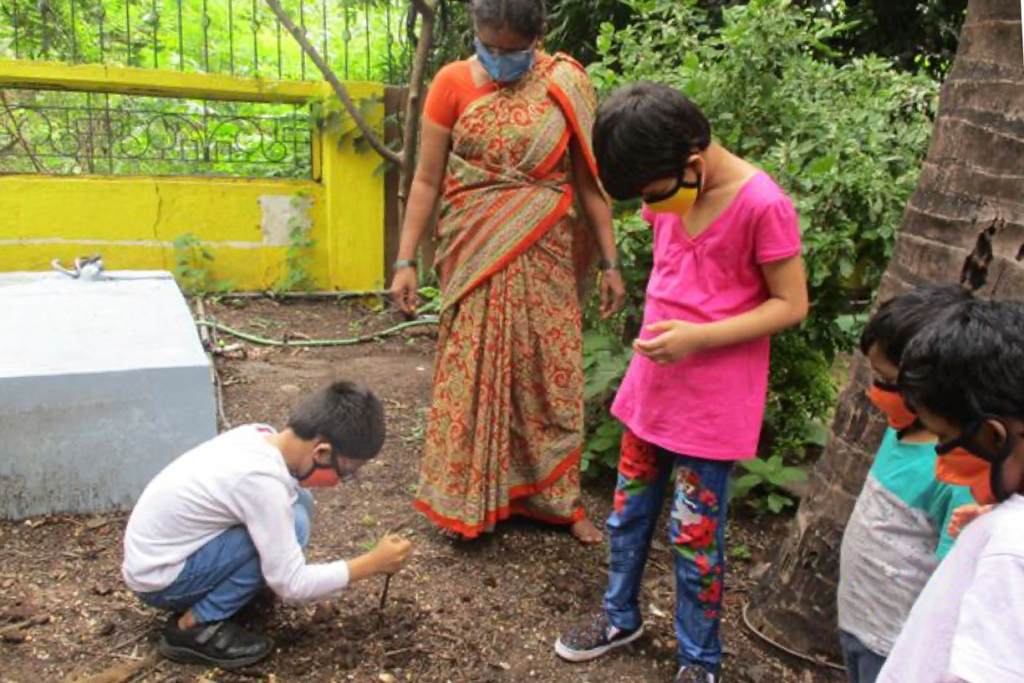
Children gardening at an orphanage in India. 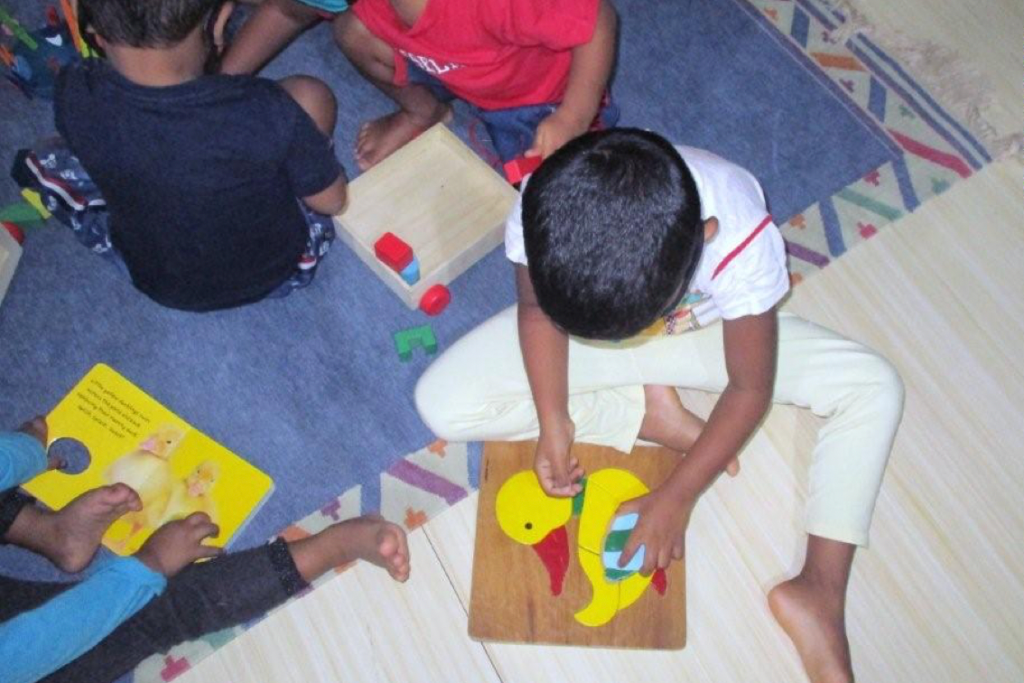
“Currently,” says our partner organization staff in Pune, India, “the focus is to ensure safety of the children and to see how they can be placed in families at the earliest.”
Water bottles. Laptops. Hand sanitizer. Masks. More caregivers. Formula. Medical supplies.
These are just some of the materials and resources needed to care for children in orphanages through this continuing pandemic.
Over the summer, we shared with you about the devastating needs children are facing in orphanages around the world. Due to the pandemic, adoptive families are unable to travel to bring their children home. At the same time, more and more children are coming into care because their families are in crisis. And costs around the world rose because of the pandemic. This left a stark reality: so many children in orphanages, but not enough resources to care for them all.
In the countries where you support children, orphanages are low on diapers, food, formula, caregivers and more. But thankfully, through your generosity, you are helping to meet many of these needs.
Here are just some of the ways Holt donors help:
In China, you provided yogurt for children in five orphanages, formula for children in 20 orphanages, probiotics for children in six orphanages and clothes for children in two orphanages.
In Vietnam, you helped to provide an additional part-time caregiver, individual water bottles for each child and other basic essentials that children critically needed.
In rural India, you helped hire one nurse and multiple additional caregivers at an orphanage that went from caring for five children to 22 children during the pandemic.
Because of this help, life for thousands of children in Holt-supported orphanages is getting better — even as the pandemic continues. They have enough food, enough dry clothes and enough caregivers to give them the attention and care they need. Gradually, life is settling into a new normal for children in orphanage care, although this “new normal” looks different in each country — and at each orphanage.
China
Initially in China, when the outbreak first began, orphanages completely locked down to keep COVID-19 out. Holt sent emergency supplies of masks, disinfectant, thermometers and more to keep the children safe and healthy.
Caregivers started taking two-week-long shifts so that they wouldn’t be going in and out of the orphanage each day. They converted the children’s playrooms into dormitories for the caregivers, and wore full scrubs, masks and goggles when they interacted with the children. And it worked. Even now, there are no known or reported COVID-19 cases among children in orphanage care in China. And thankfully, now — nearly nine months later — orphanages have started to safely relax some of their protocols.
Caregivers in China are still taking 14-day shifts to minimize any possible exposure, but some orphanages are now allowing for outside visitors and volunteers — with temperature checks and social distancing measures in place.
“Generally,” says Astrid, a Holt social worker in China, “children’s daily life doesn’t change much except that orphanages are paying more attention to sanitation and personal hygiene.”
“Orphanages are paying more attention to sanitation and personal hygiene.”
Astrid, Holt China social worker
Some older children started attending in-person school in September, and are living in dormitories so that they only return to the orphanage once or twice a month. Some other orphanages arranged for teachers to give online lessons to children living in their facility or in foster care.
Similarly, children in care in the Philippines are doing remote learning. Holt recently provided laptops to these children so that they could continue with school this year.
Colombia
In Colombia, Holt’s partner orphanage immediately implemented preventive measures to protect the 92 children, ages 0-15, who live in the facility. For the first six months of the pandemic, and just ending in September, caregivers were personally picked up and dropped off by a shuttle so that they didn’t have to use public transportation and risk exposing themselves or the children to the virus. Once they arrive at the facility, all staff wear a mask and face shield and apply disinfectant regularly.
Twice during the day, the facility has two extra deep-cleans, where they disinfect the floors, walls, ceilings and any items that children are in contact with. Every two hours throughout the day, an alarm sounds to remind all staff and children to wash their hands.
In this difficult time, orphanage staff have been dedicated to keeping children physically healthy, but also emotionally and mentally well. Children have structured daily activities, including virtual classes each morning where they focus on subjects like math, English and science, or activities like making videos, learning songs or writing.
“On the weekends,” says our partner organization, “all the kids from 2 years and older have fun activities to improve their anxiety levels — like sports, bicycle, dancing, and relaxing actions like yoga or watching movies.”
Thailand
In Thailand, preventve measures have also started to relax in orphanages since the beginning of July. In one Holt-supported children’s orphanage, there are six cottages where children live in family-like units based on age. Now, children are permitted to interact with other children at the next age-group cottage. While the orphanage’s 150-person local volunteer team had to cease visits because of the pandemic, volunteers can now visit the children from a distance, in addition to sending toys and messages to them.
“Children have been currently adjusting well with the situation. Caregivers have been trying to work hard to make the children more happy.”
Holt Sahathai Foundation social worker
“Children have been currently adjusting well with the situation,” says a Holt Sahathai Foundation social worker who works at the orphanage. “Caregivers have been trying to work hard to make the children more happy.”
There are handwashing stations throughout the orphanage, and children and staff alike have grown used to washing their hands much more often than normal. In fact, the orphanage doctor is impressed that children are much more healthy, even than normal!
Vietnam
In Vietnam, children in Holt-supported orphanages have stayed safe and healthy as well. Children wash their hands often and visitors have been strictly limited. While children were out of school over the summer, they stayed within the orphanage facility in order to evade the second wave of COVID-19 that was spreading across Vietnam.
For the new school year, most children are doing distance learning. However, some orphanages have hired teachers to come and teach within the orphanage.
While they remain in the facility, and don’t go far away for school, children are spending more time than ever with their caregivers.
One nun at an orphanage in Vietnam shared that she used to do all her work in the vegetable garden while children were at school. But now, she takes all 20 children with her when she gardens. For children whose adoption placements have been impacted by the pandemic, orphanage caregivers are scheduling regular times for children to connect with their families via video call.
Mongolia
Children living in orphanages in Mongolia are experiencing a near return to normal. As of September 1, primary school-aged children began leaving the care center in order to attend school in the community. They wear masks all day at school and have their own bottle of hand sanitizer, both provided by the orphanage with the support of donors.
At Holt, we continue to monitor how the pandemic is affecting children around the world. And whenever a new need arises, we reach out to you so that we can send help to children as quickly as possible. Thank you for your generous, fast action for children in need throughout the pandemic — including those in orphanage care.
With their emergency needs met, please pray that children will stay healthy and grow strong. That in the words of our Korea and Mongolia program director, Paul Kim, “They’ll be in a place where they can be children and not feel the pressures of the world upon them.”
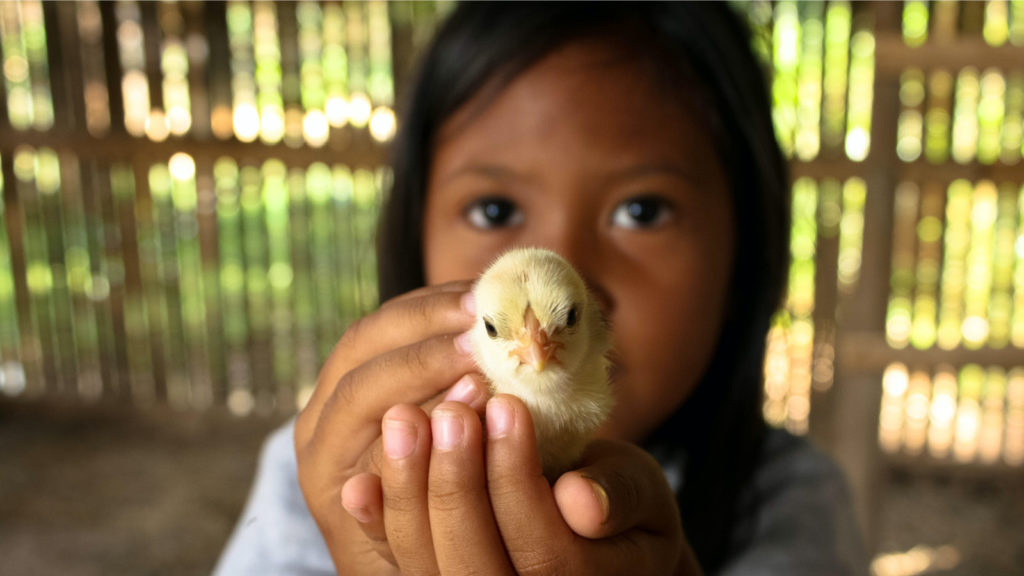
Give a Gift of Hope
Give a lifesaving or life-changing tangible gift to a child or family in need. And this holiday season, give in honor of a loved one and they’ll receive a free card!
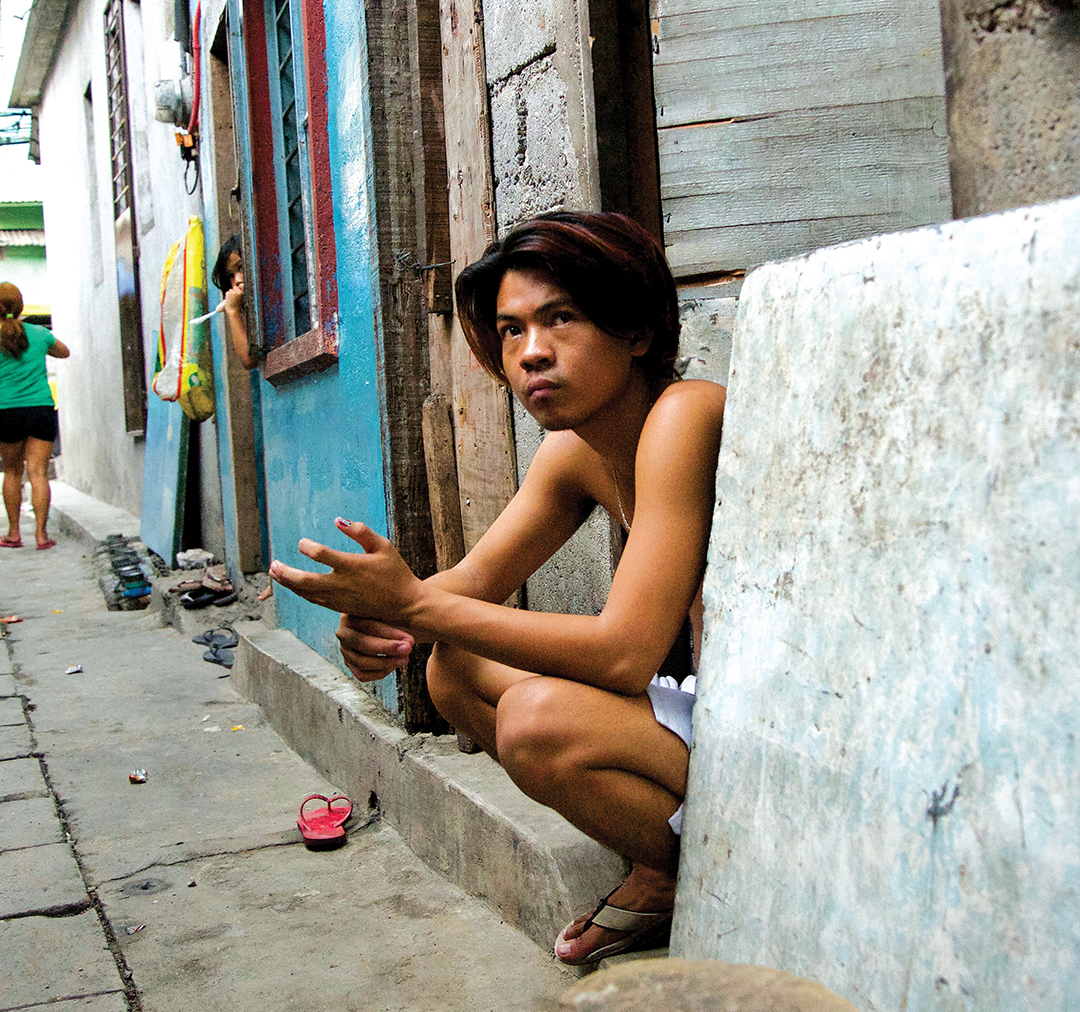

Holt has done a fantastic job of caring for the children despite the challenges the COVID virus has presented. I’m so proud that I am able in a small way to support their work.
Is there a way to connect with orphaned children via the internet?
I couldn’t adopt or foster, but I could certainly support these children remotely
Hi Jami, have you heard of our sponsorship program? You can help strengthen and preserve families at risk of separation by sponsoring a child. Learn more about child sponsorship on our website here: https://www.holtinternational.org/sponsorship/